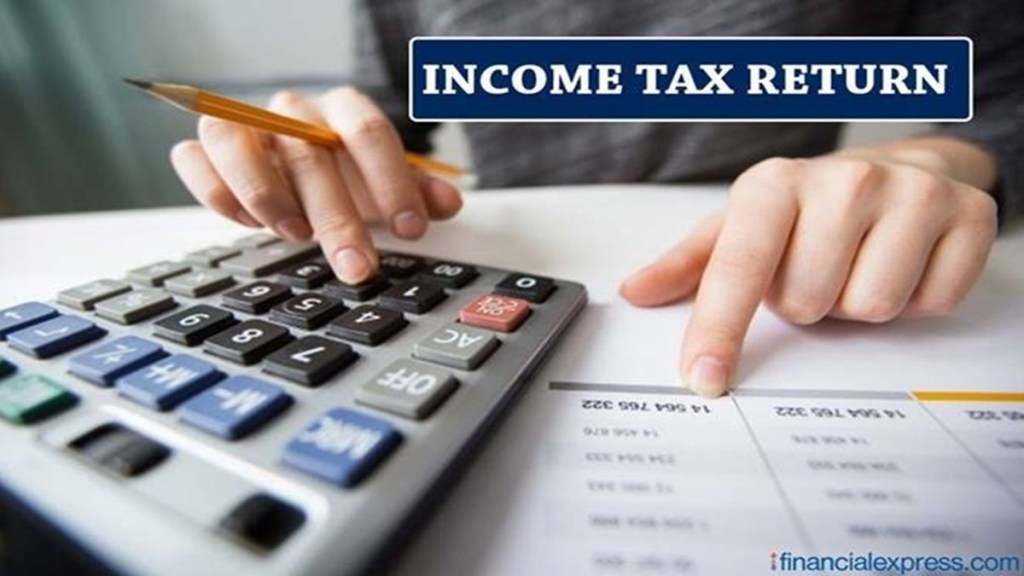The revised Income Tax Bill, 2025 was passed by the Lok Sabha yesterday within a couple of hours of tabling in the House. This Income Tax (No. 2) Bill, 2025 was introduced after the government withdrew the original bill last Friday. The new Income Tax Bill – which seeks to replace the existing Income Tax Act, 1961 – is all set to overhaul and modernise the existing taxation framework. Among the several other changes, the new bill will also have some major impact on many provisions related to income tax return (ITR) filing.
So, as a taxpayer you might notice from next year that your method of tax filing has some changes. This new bill, after being ratified by the President of India, will become a law and come into force from April 1, 2026. The government says the aim is to make tax laws S.I.M.P.L.E i.e. easy and clean.
Finance Minister Nirmala Sitharaman said that there were more than 4,000 amendments and more than 5 lakh words in the old law, due to which it had become very complex. In the new bill, the language has been simplified by about 50%, deductions have been clarified and many major changes have been made for ITR filers.
Major changes for ITR filers
Refund even on late filing – Now even if you have filed the return late, you will still get the right to tax refund.
No penalty on late TDS filing – If the TDS statement is filed late, there will be no financial penalty now.
Nil TDS Certificate – Taxpayers who have no tax liability will be able to get Nil TDS Certificate in advance. This rule will apply to both Indians and non-residents.
Relief on pension – A provision for tax deduction has now been clearly added on commuted pension received from some pension funds (such as LIC Pension Fund).
Changes in property tax – Standard deduction on house property income has been fixed at 30% and relief on home loan interest is also retained.
New concept of ‘Tax Year’
A ‘tax year’ is a period of 12 months contained in a financial year. It replaces the term ‘previous year’ used in the Income Tax Act, 1961. Further, with the discontinuance of the use of the term ‘assessment year’ in the Income Tax Bill, now the term ‘tax year’ will now be used in relation to the rate or rates of income tax also. In addition, any assessment of the income or total income will also be done for a ‘tax year’, says the Income tax Department.
What has not changed in the new Income Tax Bill?
Most important thing – No change has been made in the tax slabs and structure. The old tax rates and court-determined definitions will continue. The aim of this change is not only to simplify the law but also to reduce the time and hassle of taxpayers so that the ITR filing experience is more seamless.

